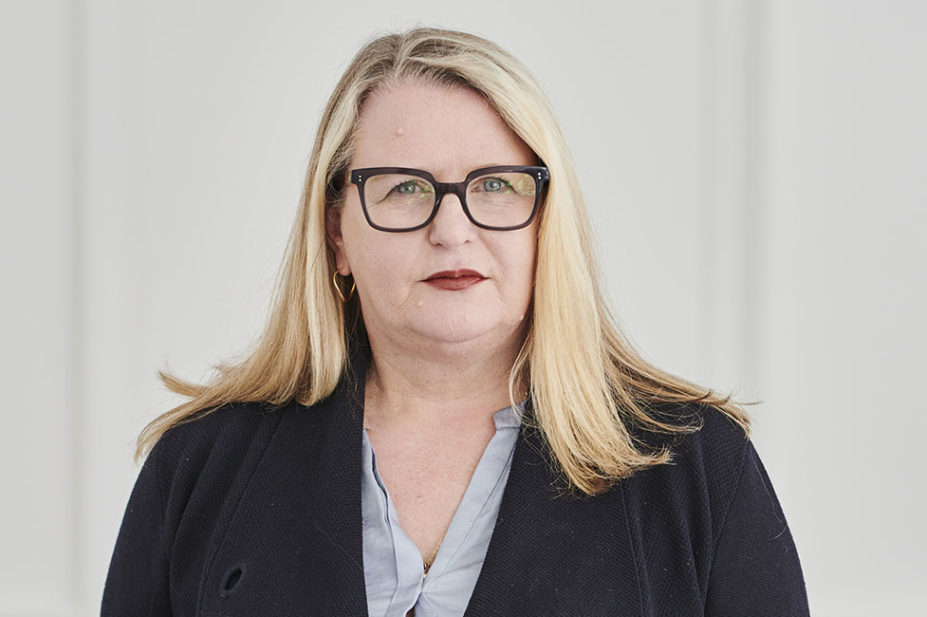
Paul Stuart
The government must stop the recruitment of clinical pharmacists into primary care in England, the lead negotiator of the community pharmacy contract has said.
Speaking at The Pharmacy Show in Birmingham on 16 October 2022, Janet Morrison, chief executive of the Pharmaceutical Services Negotiating Committee (PSNC), said she had met with health minister Will Quince shortly after he was appointed on 27 September 2022.
“One of the things I clearly said to Will Quince when I met him is: ‘You have to stop recruiting clinical pharmacists into primary care’. It doesn’t make sense.
“Clinical pharmacists can add more value keeping community pharmacies open, delivering on medicines safety, really effective prescribing, delivering services, giving advice, being open so many hours of the day and being relied on by the public.”
According to the latest data, published by NHS Digital in July 2022, there were 3,294 full-time equivalent (FTE) pharmacists recorded as working in primary care networks (PCNs) in June 2022 — an increase from 2,552 in June 2021 — which community pharmacy leaders said has “created a workforce crisis across the community sector”.
But Morrison clarified: “I’m not saying they shouldn’t work there; I’m saying they should stop continued recruitment.”
Instead, she suggested the government “look at workforce planning across primary care”.
“If you want integration and multidisciplinary teams, which completely makes sense, then actually use the resources that are already there,” she continued, adding that there have been some “unforeseen consequences from saying ‘let’s hire them in'”.
In September 2021, Keith Ridge, former chief pharmaceutical officer for England, said recruitment of thousands of pharmacists into PCNs is “causing some challenges” for the workforce.
“A systemwide approach to workforce deployment is going to be critical in the years ahead,” he added.
Morrison’s plea to ministers echoes similar comments made by Scottish community pharmacy leaders in 2021. In a statement published on 31 August 2021, Community Pharmacy Scotland (CPS) said the “uncoordinated recruitment is now one of the major and enduring contributing factors to our unprecedented workforce pressures”.
Responding to Morrison’s comments, Graham Stretch, president of the Primary Care Pharmacy Association, chief pharmacist at Argyle Health Group and clinical director at Brentworth PCN, told The Pharmaceutical Journal: “Rather than stopping recruitment into PCNs, what we need to look at is making sure that community pharmacy’s not left behind.
“The idea that somehow everybody moved from community to GP is just plain wrong,” he said. “Yes, it’s part of the problem, but it’s not the biggest problem. The biggest problem comes down to you as a working professional looking for satisfaction. That’s a multifaceted thing, that’s not just money, that’s not just training. It’s flexibility, value and actually time to try something new and you can’t argue against that.”
Stretch added that “if the damage was being done, it has already been done”, with “most PCNs now up to four or five pharmacists”.
In September 2022, David Webb, chief pharmaceutical officer for England, told The Pharmaceutical Journal that he “acknowledges” challenges with workforce shortages in community pharmacy but said the NHS needs to “understand more about why people might be moving employer … some of it might well be to do with the ability to have a clinical career”.
2 comments
You must be logged in to post a comment.



There are fundamental reasons that also need to be considered why an opportunity to move to GP practice can seem appealing when compared and contrasted with community pharmacy.
In my time as a proprietor pharmacist the idea of transferring to a GP practice was never even dreampt of let-a-lone seriously considered. What is the downside?